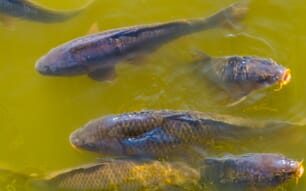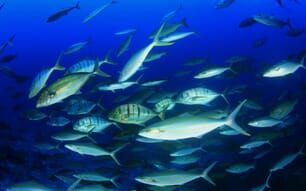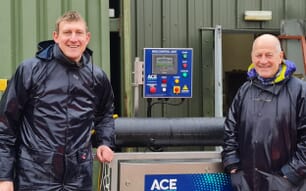The new $3.6 million research multi-agency effort is designed to be an early warning system for toxic and nuisance algal blooms in freshwater systems by using satellites that can gather color data from freshwater bodies during scans of the Earth.
Based off this information, state and local agencies can provide the public with public health advisories. In addition, the project will improve the understanding of the environmental causes and health effects of these cyanobacteria and phytoplankton blooms in the United States.
These blooms are a global environmental problem. Under certain environmental conditions, algae naturally present in marine and fresh waters rapidly multiply and may create a toxic bloom causing human and animal health risks.
Cyanobacteria is of particular concern because it produces toxins that can kill wildlife and domestic animals and cause illness in humans through exposure to contaminated freshwater and the consumption of contaminated drinking water, fish or shellfish.
“Observing harmful algae is critical to understanding, managing, and forecasting these blooms,” said Holly Bamford, Ph.D., acting assistant secretary of commerce for conservation and management, and deputy NOAA administrator.
“This collaboration will assure that NOAA’s efforts will assist the coastal and inland public health officials and managers across the country to distribute this information to the community in an easily understandable fashion, making them more resilient to environmental events.”
You may also like:
- Diatoms Help Prevent Harmful Algal Blooms in Fish Ponds
- Are Harmful Algal Blooms Increasing?
- Air Pollution Modelling Could Help Predict Algal Blooms




